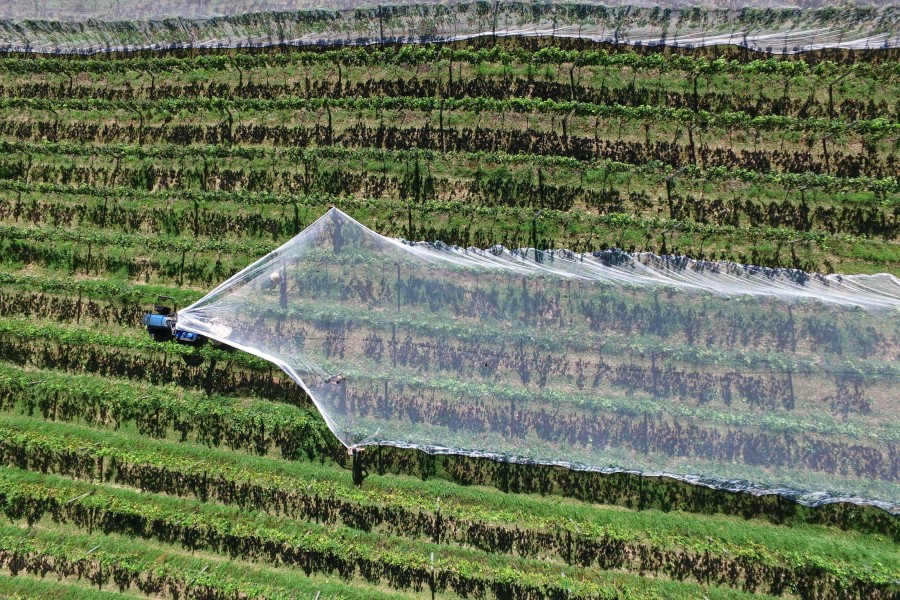Agricultural careers
- Skills Summit
- /
- January 31, 2019
- 2903 Views

Experts predict that advances in science and technology will keep farmers and agriculture professionals on their toes. By 2020 there will be an even higher demand for skilled people in the agricultural sector, with top careers including technologists, hydrologists, food scientists, agricultural communicators and precision agriculture technologists.
While this is a global trend, let’s look at the local context. The South African government listed about 20 occupations in the agricultural sector as critical skills. Each occupation is linked to several areas of specialization, resulting in hundreds of related job opportunities. Amongst these scarce skills are soil and pasture scientists, seed research technicians, irrigation engineers, agrochemical spraying operators and abattoir veterinarians, to name a few.
While the spectrum of opportunity is vast, the role of soil scientists, particularly in Africa where farmers are faced with serious health issues, remains critical. The United Nations Food and Agricultural Organisation (FAO) estimates that more than 50% of Africa’s agricultural land has serious soil problems including nutrient depletion, soil acidity and erosion. These challenges not only limit productivity, but also African farmers’ ability to produce enough food.
Laeveld Agrochem marketing director, Corné Liebenberg, points out that the African continent is the largest geographical area with growth opportunity. “Africa is comprisedof the most unused arable land of all the continents. The whole world is looking to Africa for adequate food production and to prevent a global food crisis,” he says.
For Laeveld Agrochem, this multiple challenge has led to an inspired solution. Their passion for precision farming has resulted in the founding of Agri Technovation, a company that formulates and manufactures a range of specialised nutrition and soil health products meeting crop-specific nutrient, stimulant and energy requirements, while promoting plant and soil health.
A report by the FAO totals an amount of 51 million farms across sub-Saharan Africa, of which roughly 41 million are smallholder farms of less than two hectares in size. With only a few of these farms connected to modern value chains, which are vital for an increase in productivity, a solution-driven business such as Laeveld Agrochem is looking at innovative ways to expand its services to these farmers.
In South Africa, the ageing commercial farmer population, with an average age of about 60 years, also presents new opportunities for the sector and young people. According to the National Development Plan of the government, the sector is expected to create about one million jobs by 2030. This means there is a need and scope for innovative and motivated young people to become part of the agricultural sector, which continues to be an important pillar for economic growth for South Africa.
“In an industry like agriculture, where change is the only constant at just about every level, we’re ready to do whatever we can within our means to support farmers and the development of the sector, to keep it growing and globally competitive,” concludes Liebenberg.


